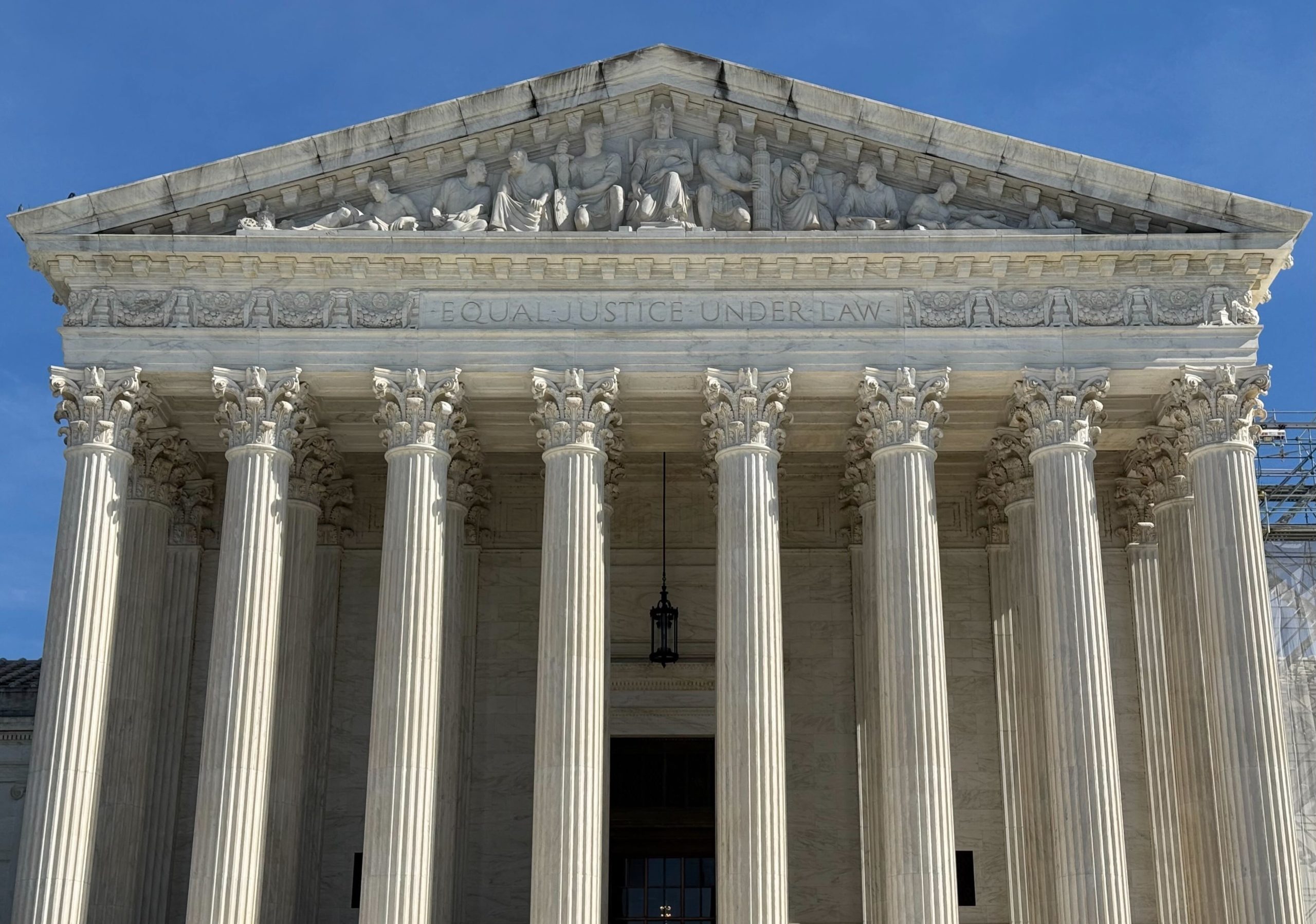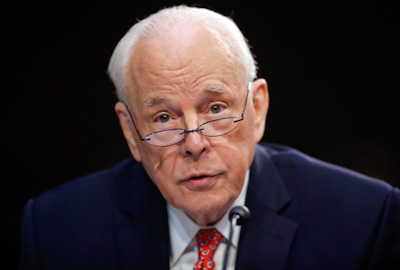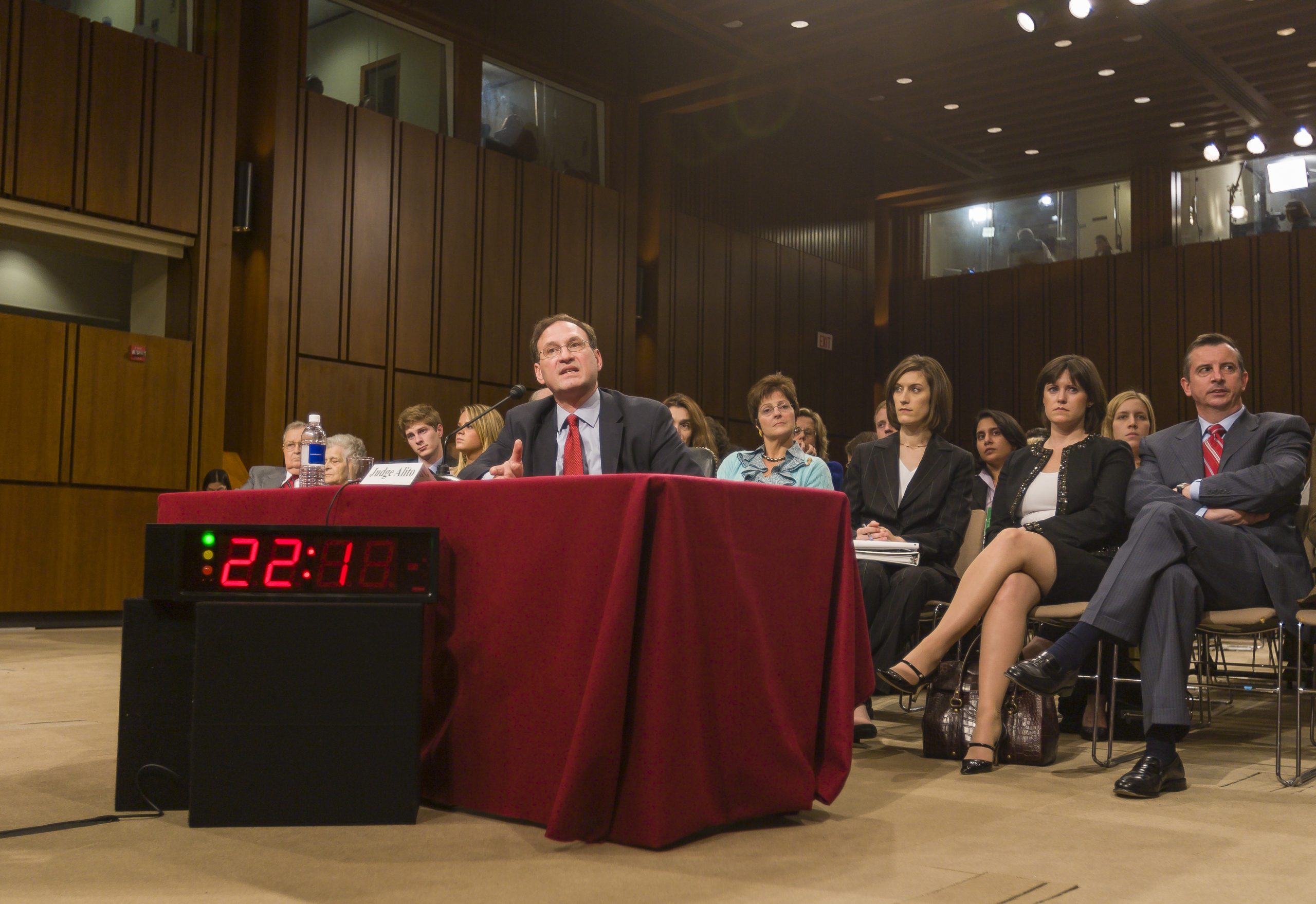The Supreme Court takes up cases on California’s climate change
SCOTUS NEWS
The Wisconsin Supreme Court explained that to determine whether an organization is “operated primarily for religious purposes” and therefore qualifies for the tax exemption, both the organization’s motivations and its activities are relevant.
In this case, the court accepted “at face value” assertions by Catholic Charities and the four agencies that their services were “based on gospel values and the principles of the Catholic Social Teachings.” But the court found it dispositive that the activities of Catholic Charities and the agencies were “primarily charitable and secular.” The groups do not “attempt to imbue program participants with the Catholic faith nor supply any religious materials to program participants or employees,” the court stressed.
Catholic Charities came to the Supreme Court last summer, asking the justices to weigh in. The Wisconsin Supreme Court’s decision, it argued, “thrusts state governments into a thicket of First Amendment questions,” “not least because it forces agencies and courts to second-guess the religious decisions of religious bodies.” The question matters, the group added, because it means that Catholic Charities and others like it must pay unemployment taxes with money “that otherwise could be helping the needy.”
The state urged the justices to stay out of the dispute, insisting that courts “routinely deny religious tax exemptions to entities that assert religious motivations without overly entangling themselves in religious matters.” In doing so, the state wrote, courts do not “regulate internal church governance or compel any church activity.”
After considering the case at two consecutive conferences, the justices granted the petition for review filed by Catholic Charities.
The justices also granted review in Diamond Alternative Energy v. Environmental Protection Agency, a challenge arising from a provision of the Clean Air Act that allows California to seek a waiver of the general bar on the adoption of emission standards by states. The waiver acknowledges that California was one of the few states In 2009, California set standards for curbing greenhouse gas emissions The Environmental Protection Agency granted the waiver, which was partially The court declined to hear the fuel producers’ challenge to the The court declined to hear fuel producers’ challenge on the legal






